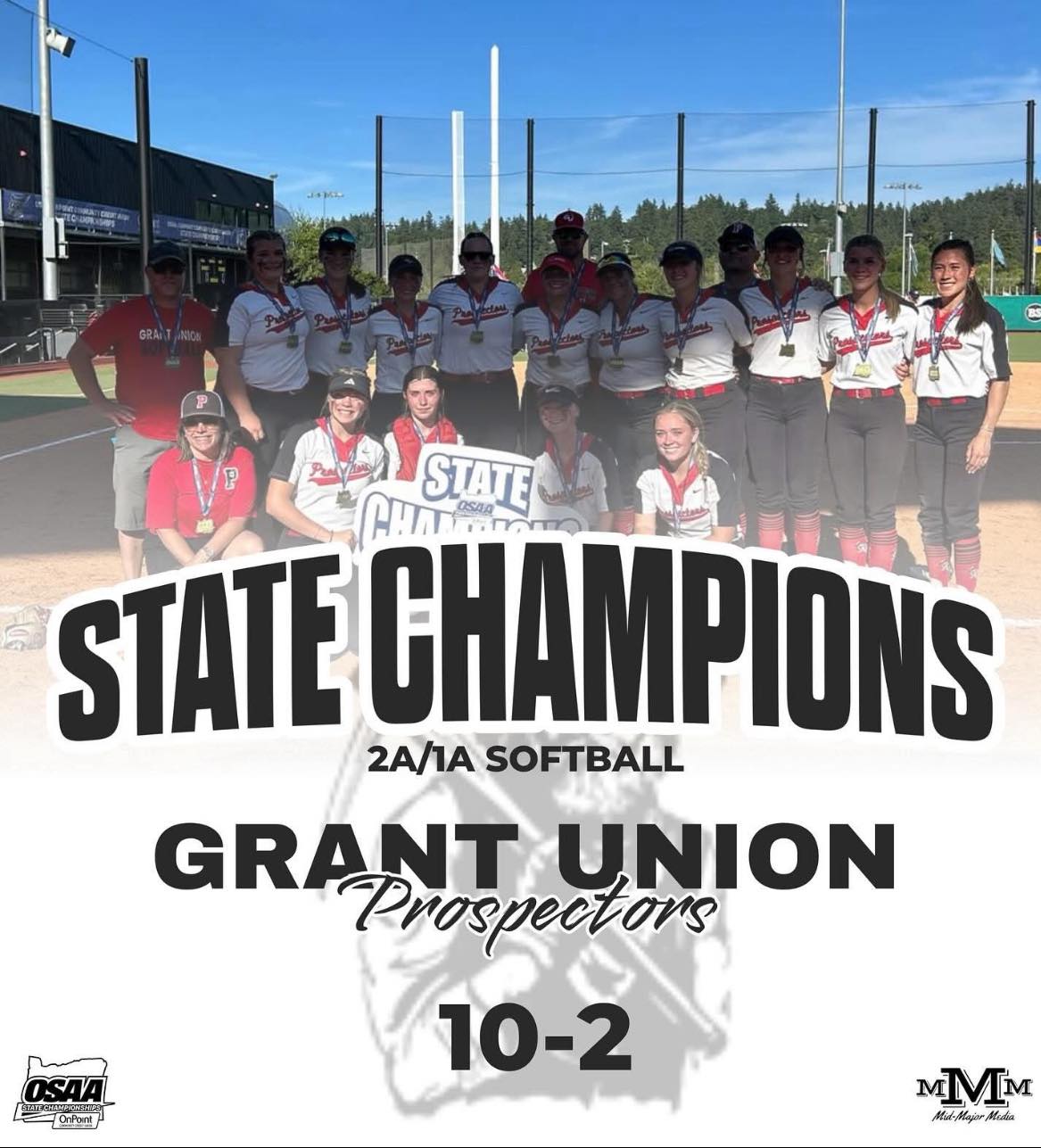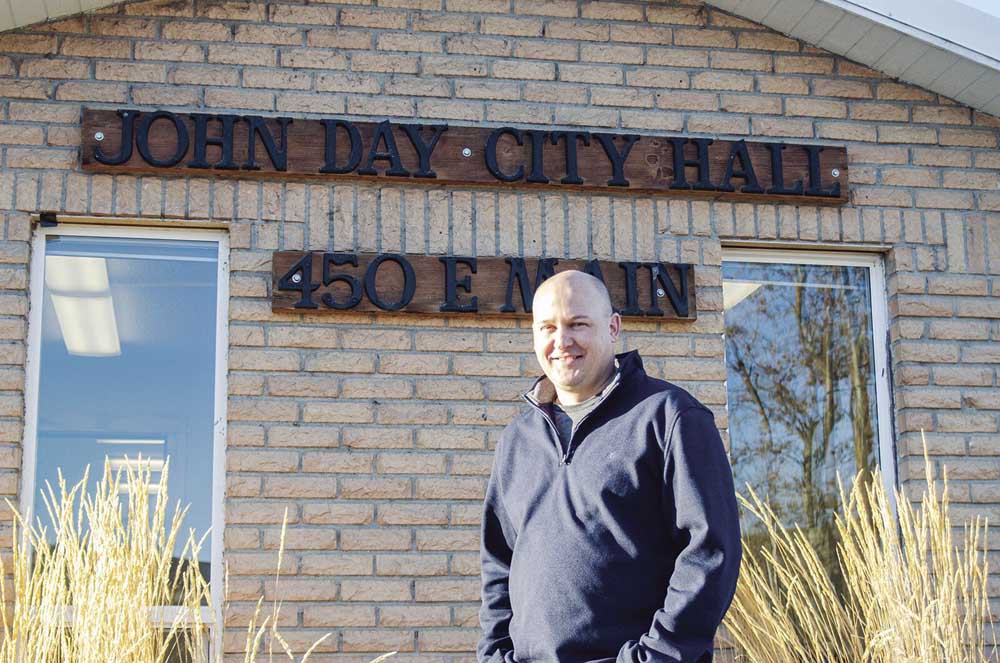Court: Idaho Power needs to pay ‘just compensation’ to property owner to enter for testing
Published 5:30 am Monday, September 25, 2023

- Kreider
LA GRANDE — An opinion out of Union County Circuit Court means a Boise-based utility needs to pay “just compensation” for entries onto a property along the proposed Boardman to Hemingway power transmission line. But first the company and the property owners need to agree on what just compensation is.
In his opinion, Circuit Court Judge Wes Williams determined the Idaho Power Co. could not enter the property of 516 Ranch Partnership to conduct certain surveys and tests without providing compensation to the landowners — Douglas Bean, Mallory Bean and Madeline Bean.
Williams found under Oregon statute Idaho Power can enter the property without the owner’s consent to examine, survey, test and collect samples. The statute also appropriates a right to physically invade the property to conduct these actions.
However, the United States Supreme Court set precedent this is per se physical taking, which requires “just compensation” under the Fifth Amendment.
“In conclusion, (Idaho Power Co.) may not enter (516 Ranch Partnership’s) property to conduct the surveys, tests and samples without paying ‘just compensation,’” Williams wrote.
He added Idaho Power will need to come to an agreement with the Beans to determine compensation. If no agreement can be reached then action to condemn the property can begin through the courts.
Background on the case
In March, Idaho Power filed a petition seeking precondemnation entry onto the property owned by 516 Ranch Partnership after the property owners did not respond to the company’s requests to access the land dating back to 2021.
Attorneys Timothy Helfrich and Zach Olson in Ontario, represent Idaho Power. The respondents — the Beans of 516 Ranch Partnership and For the Girls LLC — which La Grande attorney Brent Smith represents.
516 Ranch Partnership owns about 12,000 acres of ranch and timber land in Union County where the property owners raises cattle, harvests timber and allows hunting for a fee, according to court records. The property, which lies along the proposed path of the B2H power line, has characteristics unique to Northeastern Oregon, such as open grasslands, forested ridges and ravines. It is home to many native plants and animal species, as well as significant cultural and archeological sites.
There already is a utility corridor crossing the property, several utility companies use as well as the Confederated Tribes of the Umatilla Indian Reservation and the Oregon Water Resource Department. These groups have negotiated easements to enter the property to access the corridor. However, the repeated entries onto the property impacts the Beans’ ranching operations, costing them time and money.
Construction is slated to start this year on the 293-mile long power line. Idaho Power projects the line, which will run from near Boardman to near Murphy, Idaho, will be finished by June 2026.
The company is required to ensure the project’s path complies with permitting and siting requirements, including the transmission line does not conflict with any protected resources. To do this, Idaho Power needs to conduct surveys, tests and collect samples.
Idaho Power sought entry onto the Bean’s property to conduct 10 surveys, tests and samplings. This includes an appraisal field visit, rare plant inspection, surveys for three-toed woodpeckers, northern goshawks, gray owls and flammulated owls and an archaeological and historic properties management plan inspection.
While Idaho Power could not say how many entries would be required to conduct these tests, Williams wrote in his opinion it appears the company may need to make upward of 32 visits onto the property.
The Oregon statute on precondemnation entry on real property allows the condemner — in this case Idaho Power — to enter the property without the owner’s consent to conduct examinations, surveys, tests and collect samples.
516 Ranch Partnership objected to the entry and requested the court deny the petition. The Beans agreed that entry onto the property to conduct the land survey and appraisal field visit fall within “longstanding background restrictions on property rights.”
However, they argued eight of the 10 tests or surveys would constitute regulatory taking of private property because the requested entry would interfere with their right to exclude and would not fall within the longstanding restrictions.
Stop B2H Coalition and Idaho Power respond
Jim Kreider, co-chair of the Stop B2H Coalition with Irene Gilbert, said the coalition believes property owners should be compensated for their time to supervise the surveying of their land by Idaho Power and ensure they are being done correctly. While this was the coalition advice to the landowners, Kreider said he was not sure how many of them actually took that guidance.
Some landowners negotiated directly with Idaho Power or compensation, but Kreider said he believes Williams’ opinion is the first time the issue has been addressed in court.
However, he added that because the Oregon Department of Energy has issued the site certificate for the B2H transmission line there are processes in place for Idaho Power to conduct over-the-fence analysis of property when landowners refuse access. They can look at adjacent properties and satellite imagery, for example, to extrapolate the information they need without entering the specific property.
Idaho Power could not comment on Williams’ opinion because the case is in litigation, according to the company’s communications specialist, Sven Berg.




